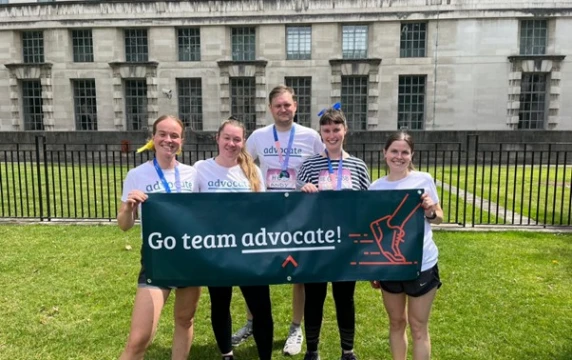As a judge, what difference does it make to you to have a LiP represented, even if only at the last minute or for one hearing?
It is of huge help to me as a judge. Because just bringing an advocate’s skills to the case, even at the last minute for one hearing, will mean the main points are spotted and then communicated plainly to me. That makes it easier for me to get through what is usually a very busy Friday Business & Property applications list and to give the right answer in each case. Particularly as significant case management often goes on in the Friday list, the benefits of a barrister’s one-off involvement are also often felt at subsequent hearings, including the trial.
Why should barristers undertake pro bono? How will it advantage them?
First is the enjoyment of having the judge be so very pleased to see you. You will never get a warmer reception in court than when you appear pro bono. Second, you are being of enormous help to the litigants. They often find it impossible to spot and communicate the main points and, on top of that, are likely to be under stress and battling emotions; further barriers to an effective hearing. Your skills and calm head will be invaluable to them. Third, there is the excellent advocacy experience and the gaining of familiarity with judges you may well come across in later cases.
Did you undertake pro bono earlier in your career and how did it benefit you?
I felt all those benefits when undertaking pro bono work through CLIPS (the Chancery Litigant in Person Support scheme) and what was then the Bar Pro Bono Unit (now Advocate). Being able to refer to that work also helped my applications for silk and judicial appointment.
Please tell me about a memorable pro bono experience (either work that you undertook or that was undertaken in front of you).
I remember writing an opinion for a residential tenant challenging a service charge demand. She told me she felt so much better going to her hearing armed with some good points and she achieved a result she was happy with. It showed me how much a little help can mean for those who otherwise feel at sea in our legal system.







